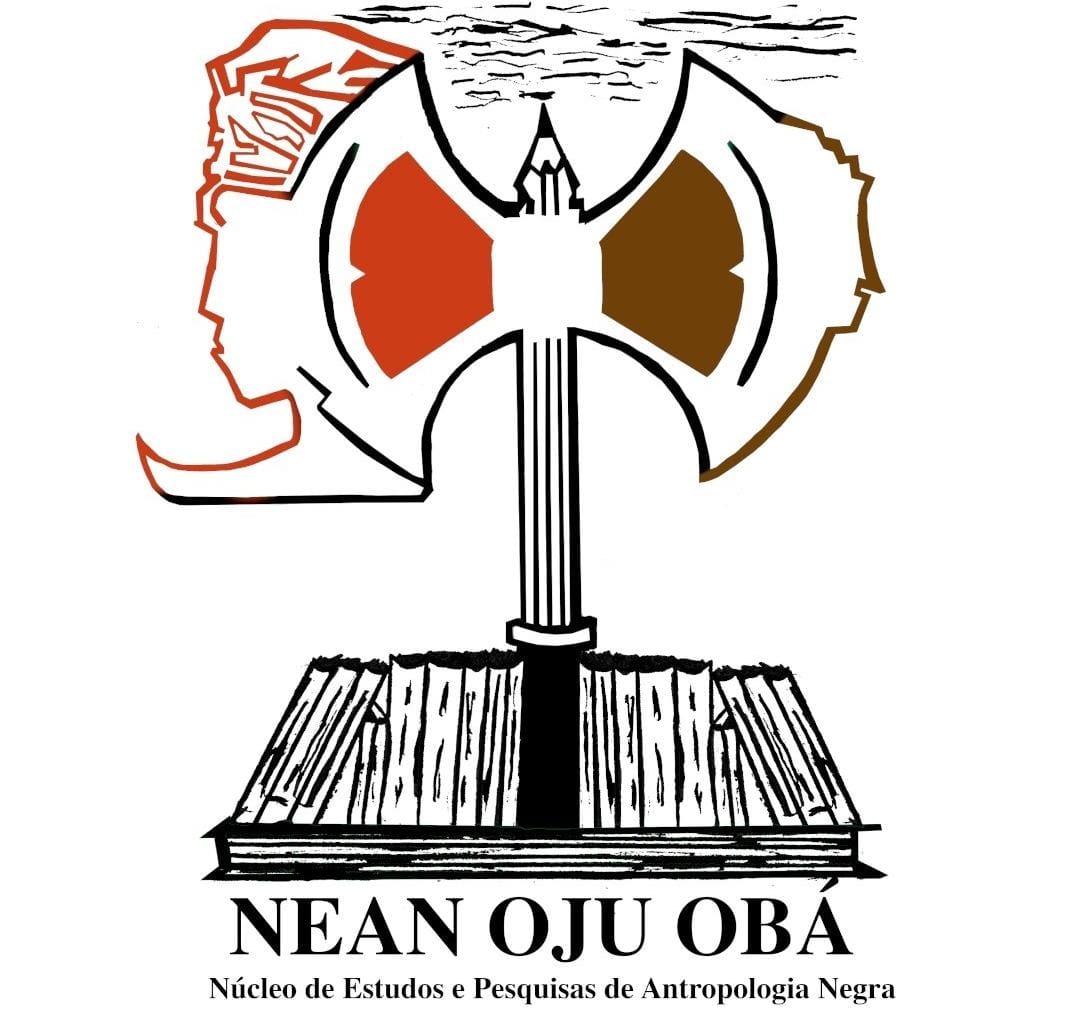‘WE GET A REST FROM ONE THING BY DOING OTHERS’:
BETWEEN MANY HANDS, FOR A DIFFERENT EDUCATION, WE BUILT THE NEAN OJU OBÁ COLLECTIVE
DOI:
https://doi.org/10.22478/ufpb.2447-9837.2023.n16.66998Abstract
This article aims to discuss the construction of the NEAN Oju Obá Collective (Black Anthropology Studies and Research Center) which has been moving and fighting in defense of a decolonial and anti-racist educational pedagogy in higher education, and in favor of equal opportunities for black people access (and remain) in the Postgraduate Program in Anthropology at the Federal University of Paraíba (PPGA/UFPB, Campus I and IV). We used three reports from black students from the Collective to reflect on the relationship between Anthropology and Education, based on the Blackness Preparatory Course at PPGA/ UFPB. Next, we reflect on Law No. 12,711/2012, of August 29, 2012, known as the “Quota Law”, and on the implementation of quota policies at national level and the implementation of affirmative actions at the Federal University of Paraíba. In the third part, we delve deeper into the educational proposal that NEAN Oju Obá seeks to build in collective teaching and learning processes and in the search for the realization of the rights of the black population.
KEYWORDS: Black Anthropology. Collective. Anti-racist Education. Postgraduate studies. Paraíba.
IMAGE: Logo of the Nean Oju Obá collective. Author: João Vítor Velame.
Downloads

Downloads
Published
Issue
Section
License
- Autores mantém os direitos autorais e concedem à revista o direito de primeira publicação, com o trabalho simultaneamente licenciado sob a Licença Creative Commons Attribution que permite o compartilhamento do trabalho com reconhecimento da autoria e publicação inicial nesta revista.
- Autores têm autorização para assumir contratos adicionais separadamente, para distribuição não-exclusiva da versão do trabalho publicada nesta revista (ex.: publicar em repositório institucional ou como capítulo de livro), com reconhecimento de autoria e publicação inicial nesta revista.
- Autores têm permissão e são estimulados a publicar e distribuir seu trabalho online (ex.: em repositórios institucionais ou na sua página pessoal) a qualquer ponto antes ou durante o processo editorial, já que isso pode gerar alterações produtivas, bem como aumentar o impacto e a citação do trabalho publicado (Veja O Efeito do Acesso Livre).


